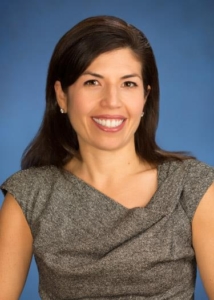 By Melissa J. Anderson (New York City)
By Melissa J. Anderson (New York City)
According to a new report by executive search firm Egon Zehnder International, increasing the number of women on boards may become more difficult in the near future. While the spotlight on hiring more female directors has shone more brightly in recent years, the percentage of women in those seats has stagnated.
Not only that, new research shows, the pool of women traditionally considered for these jobs may be shrinking. The report says:
“Over the past five years, the number of women reaching senior executive roles has decreased by 12 percent, shrinking the talent pool from which most female directors are likely to be drawn. Despite some recent high-profile appointments, only 4percent of Fortune 500 CEOs are women, and – as any board search professional can attest – boards still almost reflexively seek sitting or retired CEOs to fill board seats.”
Based on EEOC labor statistics, the number of women reaching the C-suite has decreased by 12 percent between 2000 and 2010. And because fewer women seem to be making it to senior management, it may become harder in the coming years for companies to diversify their boards.
As Claudia Pici-Morris, co-author of the report and US Head of Research for Egon Zehnder, explained, “It is surprising to see the number of women making up the future pool shrinking, and shrinking steadily.”
There’s clearly a disconnect between boards’ desire to increase their percentage of female directors (as well as the dialogue and debate around the issue of female leadership within the general public) and the groundwork being laid to prepare women for the director role.
Fortunately, Pici-Morris explained, more can be done to prepare and locate women for board positions – and executive search firms, companies, and women with their eyes on a board seat all have a role to play.
 By Melissa J. Anderson (New York City)
By Melissa J. Anderson (New York City)
 Contributed by Laura Berger
Contributed by Laura Berger By Natalie Sabia (New York City)
By Natalie Sabia (New York City) By Melissa J. Anderson (New York City)
By Melissa J. Anderson (New York City) Contributed by CEO Coach
Contributed by CEO Coach 
 By Melissa J. Anderson (New York City)
By Melissa J. Anderson (New York City) By Melissa J. Anderson (New York City)
By Melissa J. Anderson (New York City)
 By Melissa J. Anderson (New York City)
By Melissa J. Anderson (New York City)